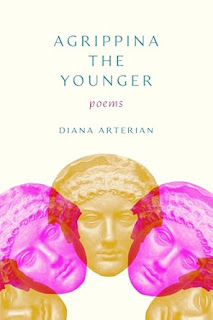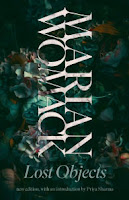Kate Elliott has been publishing science fiction and fantasy for over thirty years with a particular focus in immersive world building and epic stories

of adventure & transformative cultural change. She’s written fantasy, science fiction, space opera based on the life of Alexander the Great (
Unconquerable Sun), Young Adult fantasy, the seven volume (complete!) Crown of Stars epic fantasy series set in a landscape reminiscent of early medieval Europe, and the Afro-Celtic post-Roman alternate-history fantasy with lawyer dinosaurs,
Cold Magic, as well as two novellas set in the Magic: The Gathering multiverse. Her work has been nominated for the Nebula, World Fantasy, Norton, and Locus Awards.
Elliott's new novel is
The Witch Roads.
At
The Strand Magazine she tagged her
top ten fantasy novels, including:
The Books of the Raksura by Martha Wells
.jpg)
Martha Wells is having a big moment with her Murderbot books (and Apple TV+ series, out now—it’s great!). She’s also written a number of fantasy novels, all of them good. I want to highlight The Cloud Roads and its sequels (five novels and two collections) which feature some of the most staggeringly original world building I have ever read: a world of many sapient species who live in various ecological niches. Come for the wonderful “who am I?” journey of our hero, Moon, and stay for the splendid ingenuity of Wells’ endlessly inventive imagination.
Read about
another novel on Elliott's list.
The Cloud Roads is among
Kameron Hurley's five novels to inspire you to imagine a better future.
--Marshal Zeringue













.jpg)







.jpg)




.jpg)





